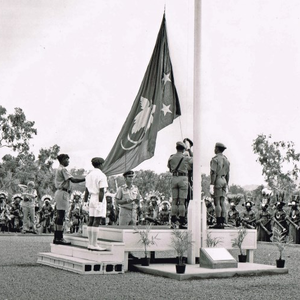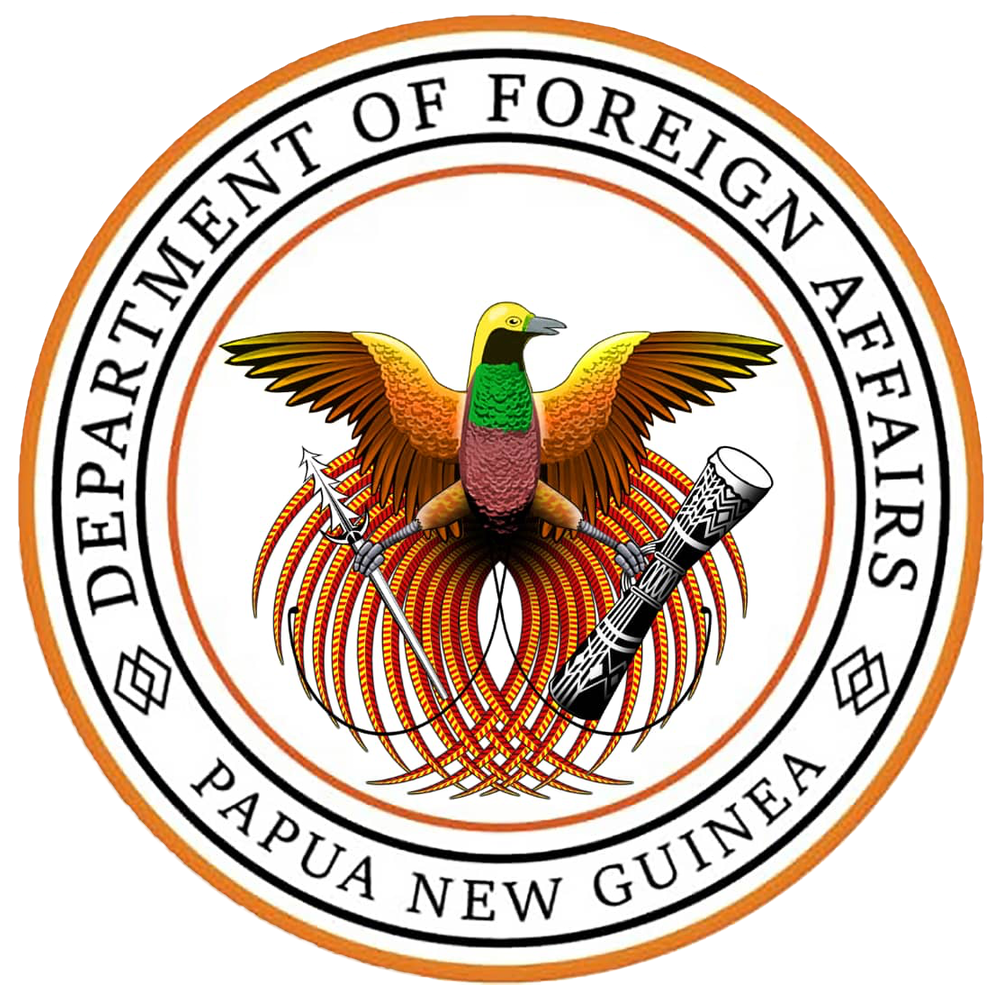About PNG: National Politics in the 1990's
The 1990s was a significant period in the political history of Papua New Guinea (PNG), marked by a series of events that shaped the nation's political landscape. PNG, having gained independence from Australia in 1975, was grappling with the complexities of nation-building, economic challenges, and political transitions.
Following the 1992 election, Paias Wingti regained power in Parliament by one vote; Sir Julius Chan served as his deputy and finance minister. The third Wingti government took steps to disempower the elected provincial governments, which culminated in the passage of controversial legislative reforms in 1995, after Wingti left office. The reforms had the effect of removing directly elected provincial assemblies with their own ministers and premiers.
The national MPs became the key politicians in running their provinces and districts; although they gained control over constitutionally guaranteed provincial funding, these funds were not fully delivered, and services declined after 1995, especially in the 14 mainland provinces. A short-lived economic boom from gold and oil revenues was mismanaged, and the government began incurring massive fiscal deficits and foreign debt. Wingti resigned in mid-1994 and was succeeded by Chan. The new Chan government oversaw a massive devaluation of the kina (Papua New Guinea's currency) and the procurement of two World Bank loans.
Following Wingti, Chan sought to defeat the Bougainville rebellion by force. In January 1997 he secretly hired mercenaries from South Africa to help eliminate the Bougainville secessionist leadership before upcoming midyear elections. The commander of the defense force, Brig. Gen. Jerry Singirok, rejected the plan, captured the mercenaries, and demanded the resignations of the prime minister, his deputy, Chris Haiveta, and the defense minister, Mathias Ijape. The Australian government voiced strong opposition to both the mercenary plan and Singirok's methods. The controversy built to a crisis, and, following popular demonstrations and displays of military force, Chan, Haiveta, and Ijape agreed to step aside. In June an official inquiry cleared Chan of charges of wrongdoing in the affair; he resumed office but lost his seat in the July elections, as did Wingti.
The surprising outcome of the 1997 elections was the emergence of the Port Moresby governor, William (Bill) Skate, as prime minister, with support from both Wingti and Chan. Skate's alleged connections with the Port Moresby criminal underworld soon brought him notoriety.
Skate was instrumental in moving the Bougainville peace process forward, but his erratic fiscal management as prime minister jeopardized Papua New Guinea's standing with the World Bank and international aid donors and investors. During his two years in office, the country also suffered through a prolonged drought (1997–98), a tsunami (1998) that killed some 2,000 people along the northwestern coast, and the Asian financial crisis that began in 1997 and hurt the country's exports, especially timber. Eventually Skate lost the support of many of his ministers, and in mid-1999 he resigned to avoid a no-confidence motion.
Skate's successor, elected on July 14, 1999, was businessman Sir Mekere Morauta, leader of the PDM, who was a former head of finance and governor of the central bank. A highly effective technocrat, Morauta moved to stabilize the economy and remove obstacles to investment and growth, with the assistance of the World Bank. Wingti's supporters in the PDM retained strong influence during Morauta's three-year premiership, although the prime minister was able to successfully steer several major reforms through Parliament.
These included protecting the central bank from political intervention and attempting to privatize some state-owned enterprises. He initiated both the Organic Law on the Integrity of Political Parties and Candidates (OLIPPAC; passed in 2001)—which sought to bring stability to the notably fluid party affiliations of Papua New Guinea's politicians—and, in 2002, a preferential voting system designed to improve parliamentary governance. Morauta cut back government services in order to keep the country out of bankruptcy and restore the kina's value.
These moves hurt his government's popularity, and just before the June 2002 elections his party engaged in a spending spree that damaged both the country's finances and the PDM's fortunes in the election.

